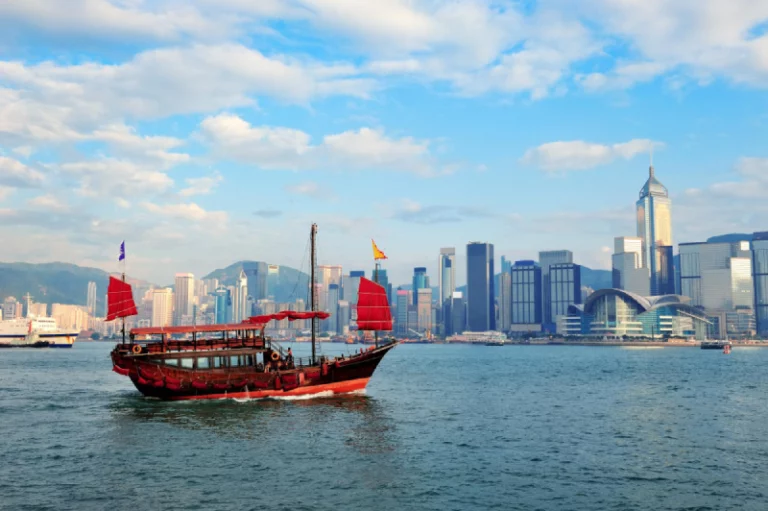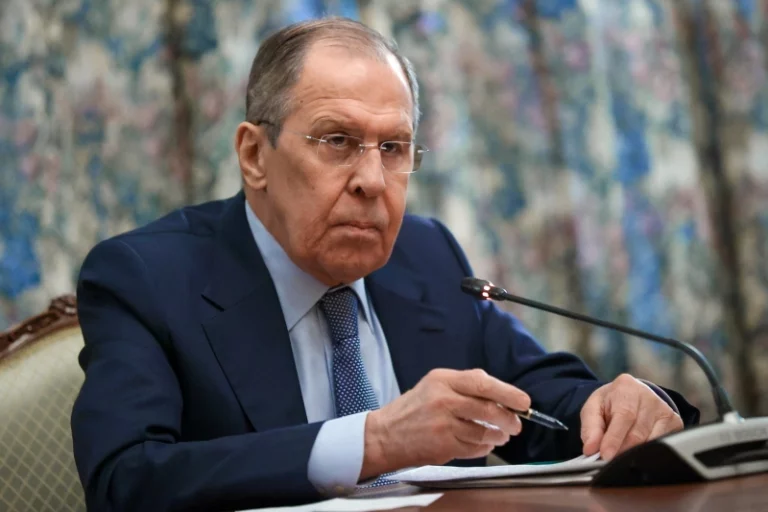From an economist’s perspective, Vietnam currently stands out as one of the most promising countries to invest in Asia due to several key factors:
Strong economic growth
Vietnam has consistently achieved robust economic growth over the past decade, with an average annual growth rate of around 6-7%, according to the World Bank. This sustained growth has propelled Vietnam to become one of the fastest-growing economies in the region, indicating a favorable investment climate.
FDI-friendly policies
The Vietnamese government has implemented investor-friendly policies and reforms to attract foreign direct investment (FDI), including EU-Vietnam Free Trade Agreement (EVFTA) which came into force August 1, 2020. It also signed the UK-Vietnam Free Trade Agreement on December 31, 2020, which will come into effect on May 1, 2021. Vietnam also signed the Regional Comprehensive Economic Partnership (RCEP) in November 15, 2020, making the country one of the FDI-friendly countries in the region.
They have streamlined administrative procedures, reduced bureaucracy, and provided incentives such as tax breaks, land lease preferences, and simplified licensing procedures. These policies encourage foreign investors to establish and expand their businesses in Vietnam.
Free trade agreements
Vietnam has actively pursued and signed numerous free trade agreements (FTAs) with countries and economic blocs worldwide, including the Comprehensive and Progressive Agreement for Trans-Pacific Partnership (CPTPP) and the EU-Vietnam Free Trade Agreement (EVFTA). These agreements provide preferential market access, reduce trade barriers, and enhance Vietnam’s integration into global supply chains, making it an attractive destination for investors seeking market expansion and trade opportunities.
Strategic geographic location
The country’s strategic geographic location offers several advantages for investors. Situated in Southeast Asia, it serves as a gateway to the ASEAN market with a population of over 650 million people. Additionally, Vietnam benefits from its proximity to major global supply chains, particularly in industries like manufacturing and export-oriented sectors.
Young and skilled workforce
Vietnam boasts a young and dynamic workforce with a median age of around 30 years. The country has made significant investments in education and vocational training, resulting in a skilled labor force capable of meeting the demands of various industries. This availability of skilled labor contributes to the overall competitiveness of Vietnam as an investment destination.
Expanding consumer market
Its rising middle class and increasing disposable incomes have fueled domestic consumption and created a growing consumer market. The country’s large population of nearly 100 million people presents significant opportunities for businesses across sectors, from retail and consumer goods to technology and services.
Continuous infrastructure development
The country has made significant investments in infrastructure development, including transportation, logistics, and energy sectors. This focus on infrastructure improvement enhances connectivity within the country and across borders, facilitating trade and investment activities. Projects like the North-South Expressway, deep-sea ports, and high-speed railways further enhance Vietnam’s attractiveness as an investment destination.
Political stability and business environment
It has maintained political stability, fostering a favorable business environment for investors. The government has implemented economic reforms, strengthened legal frameworks, and actively engaged in anti-corruption measures, instilling confidence in investors and providing a stable foundation for long-term investment ventures.
While Vietnam offers promising investment opportunities, it’s essential for investors to conduct thorough market research, assess sector-specific opportunities and risks, and navigate the regulatory landscape effectively. Nonetheless, with its impressive economic performance, supportive government policies, skilled workforce, expanding consumer market, and strategic location, Vietnam remains a compelling investment destination in Asia.




















